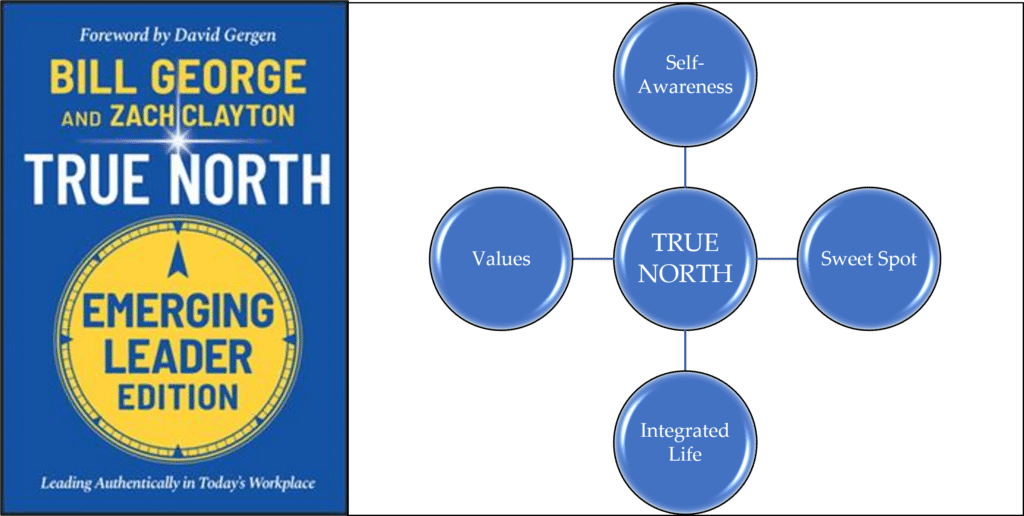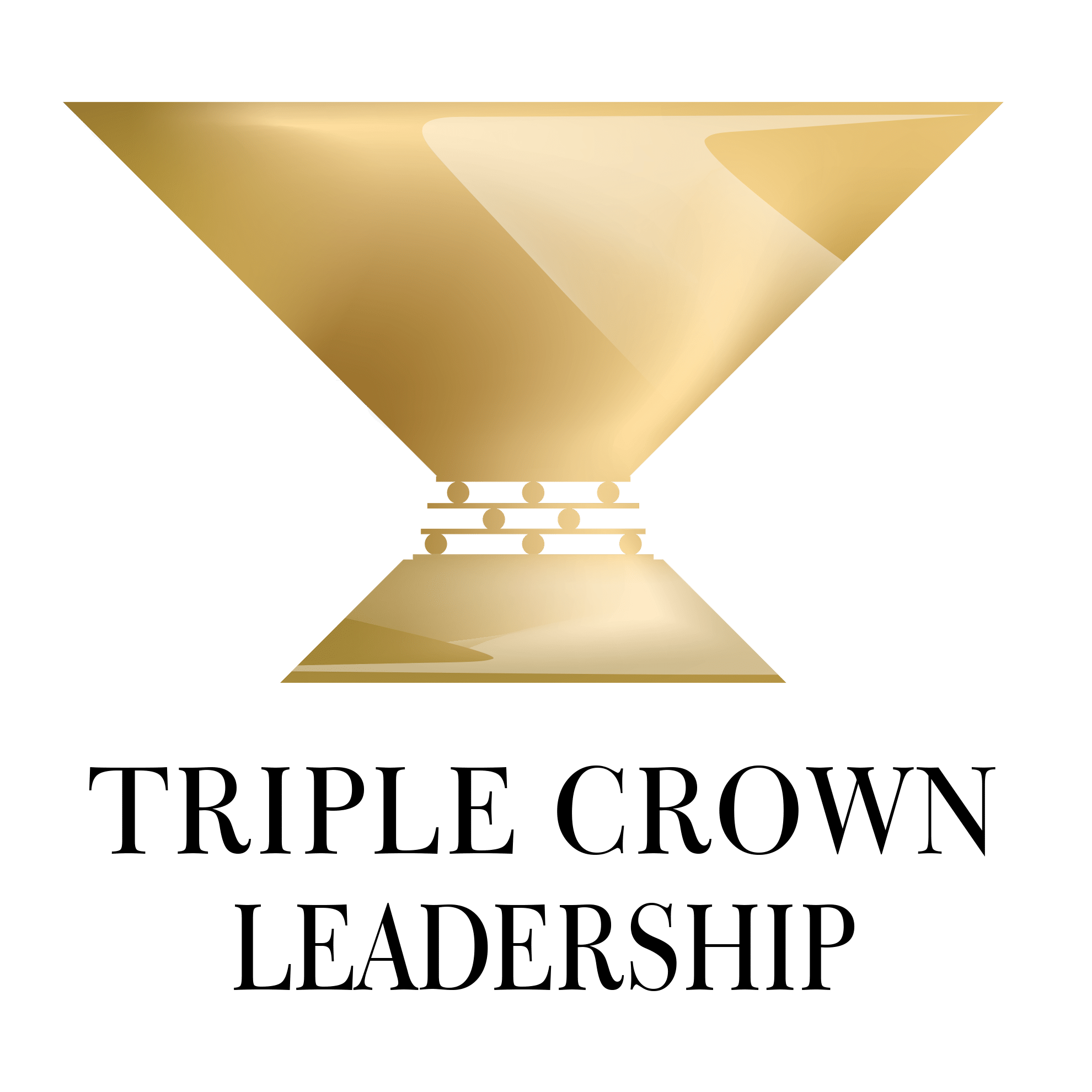Self-awareness is an important component of leadership effectiveness, according to researchers. It’s also a key differentiator between good and great leaders. According to leadership authors, James Kouzes and Barry Posner:
“….self-awareness is a predictor of success in leadership.”
On the flip side, many leaders have blind spots that inhibit their leadership effectiveness and even damage their relationships. For example, think about the leaders who:
- come across as overly ambitious, cut-throat, or self-serving
- think they’re trustworthy when in fact their colleagues don’t trust them
- can’t seem to learn from their mistakes
- are overly confident about their decisions when in fact they lack judgment
- arrive with a new idea every other day and no clue what it takes to operationalize things
- are always touting their accomplishments and trying to impress people
- can’t control their anger or frustration
- are so intense that they intimidate others but have no idea they’re doing it
- talk so much that they don’t let others get a word in during conversations and meetings, unaware that people find it off-putting
- spend so much time judging or criticizing others instead of addressing their own issues
- are so introverted that they unintentionally comes across as aloof or uninterested
- keep making poor decisions because they’re not aware of their leadership derailers

Leadership Derailers Assessment
Take this assessment to identify what’s inhibiting your leadership effectiveness. It will help you develop self-awareness and identify ways to improve your leadership.
Lacking self-awareness gives leaders blind spots that get them into trouble. Without self-awareness, they’re not able to figure out the underlying reasons for their actions. As a result, they keep making the same mistakes, and they’re less likely to take responsibility for those mistakes, damaging their credibility.
We’re all flawed—and prone to self-deception—so we should approach these cases with humility, empathy, and grace. But in many cases, a little self-awareness would go a long way toward helping leaders get out of their own way.
Case Study: When Leaders Lack Self-Awareness
As a young, up-and-coming leader, Bill George was ambitious, aggressive, and brash. He rapidly rose the ladder and fell into constant travel, overwork, and exhaustion, and what he calls a compartmentalized life as he tried to succeed at work while supporting his family. After years of this, with all the stresses and countervailing pressures, he was unhappy and in denial about the effects of his work habits on himself and his family.
After some deep introspection, some hard talks with his truth-telling wife, Penny, and a spiritual retreat, he learned to take his armor off and start showing people more of who he was—and leaning more into his authenticity.
In their book, True North: Emerging Leader Edition, Bill George and Zach Clayton note four essential elements of a compass that guides leaders to their “true north.”:
- self-awareness (“How can I increase my self-awareness through introspection and feedback?”)
- values (“What are my most deeply held values? What principles guide my leadership?”)
- sweet spot (“How can I find my sweet spot that integrates my motivations and strengths?”)
- integrated life (“Whom can I count on to guide and support me? How can I integrate all aspects of my life and find fulfillment?”)

Their “true north compass” has self-awareness at the north pole. A lack of self-awareness leads to inauthentic leaders, to leaders who are imposters.
The authors note that many leaders are working so hard to establish themselves early in their careers that they don’t take the time to get to know themselves. Years later, this comes back to haunt them, as they feel something is missing and holding them back from living the life they want.
Tools for You
- Leadership Derailers Assessment to help you identify what’s inhibiting your leadership effectiveness
- Personal Values Exercise to help you determine and clarify what’s most important to you
- Strengths Search tool to help you identify your core strengths and integrate them more into your life, work, and leadership
- Alignment Scorecard to help you assess your organization’s level of alignment

Personal Values Exercise
Complete this exercise to identify your personal values. It will help you develop self-awareness, including clarity about what’s most important to you in life and work, and serve as a safe harbor for you to return to when things are tough.
Related Articles
- “How Leaders Can Develop Self-Awareness“
- “Why Self-Awareness Is So Important—And How to Develop It”
- “How Self-Awareness Can Elevate Leadership“
- “Why Self-Awareness Can Be Hard for Leaders“
- “What Are Your Strengths–And How Can You Use Them More?“
- “This Is How to Develop Self-Awareness: 7 Approaches”
- “Self-Deception: Why We Do It and How to Stop It”
- Tasha Eurich, “What Self-Awareness Really Is (And How to Cultivate It),” Harvard Business Review, January 4, 2018
Related Books and Videos
- Tasha Eurich, Insight: The Surprising Truth about How Others See Us, How We See Ourselves, and Why the Answers Matter More than We Think
- William L. Sparks, “The Power of Self-Awareness,” TEDx Asheville
- Tasha Eurich, “Increase Your Self-Awareness with One Simple Fix,” TEDx Mile High
Postscript: Inspirations on Self-Awareness
- “…leadership starts from within. It’s important to learn how the world works, but it is even more important to learn how you work.” -David Gergen, Hearts Touched with Fire: How Great Leaders Are Made
- “If a man does not know himself, how should he know his functions and his powers?” -Michel de Montaigne, 16th century French Renaissance philosopher and writer
- “It is in the darkness of their eyes that men get lost.” -Black Elk

Triple Crown Leadership Newsletter
Join our community. Sign up now and get our monthly inspirations (new articles, announcements, opportunities, resources, and more). Welcome!
+++++++++++++++++++++++
Gregg Vanourek is a writer, teacher, and TEDx speaker on personal development and leadership. He is co-author of three books, including Triple Crown Leadership: Building Excellent, Ethical, and Enduring Organizations (a winner of the International Book Awards written with his father, Bob Vanourek). Check out their Leadership Derailers Assessment or get their monthly newsletter. If you found value in this, please forward it to a friend. Every little bit helps!


